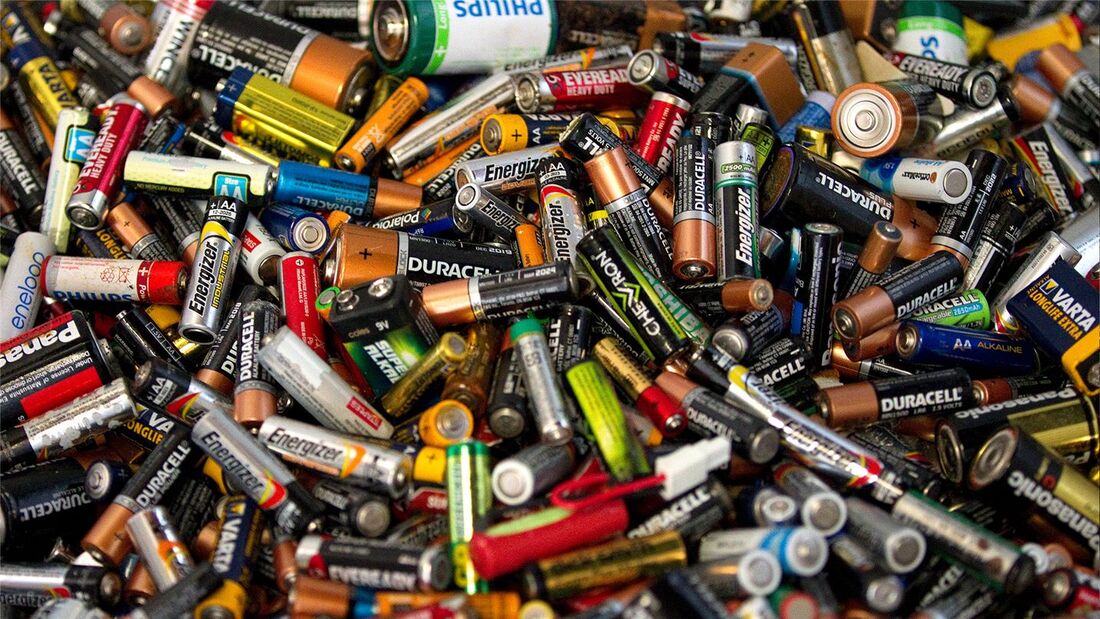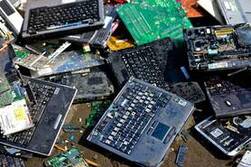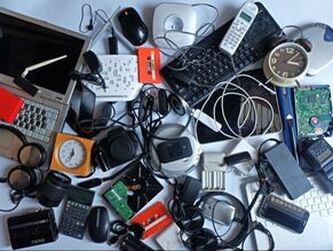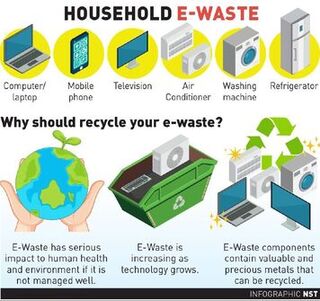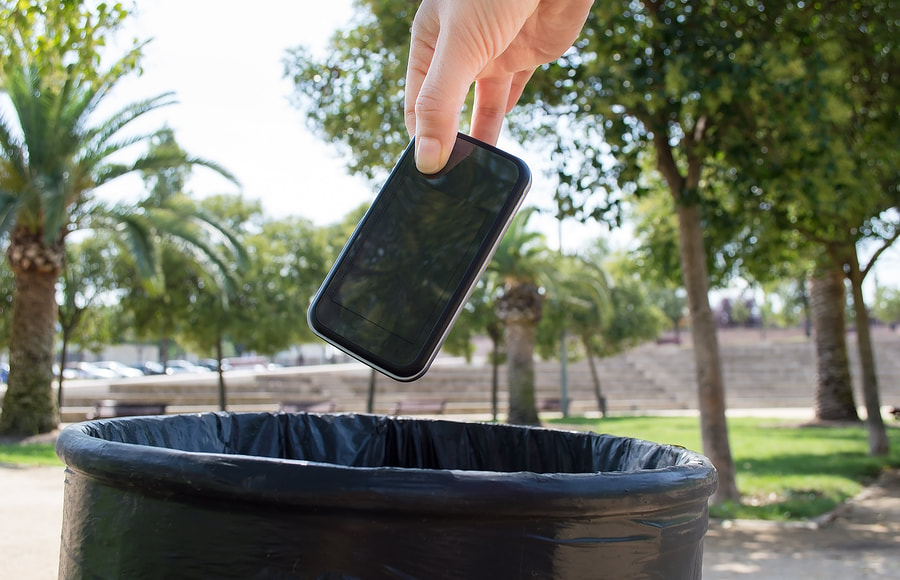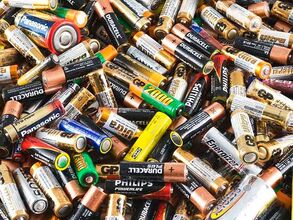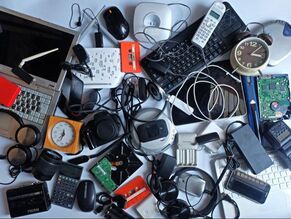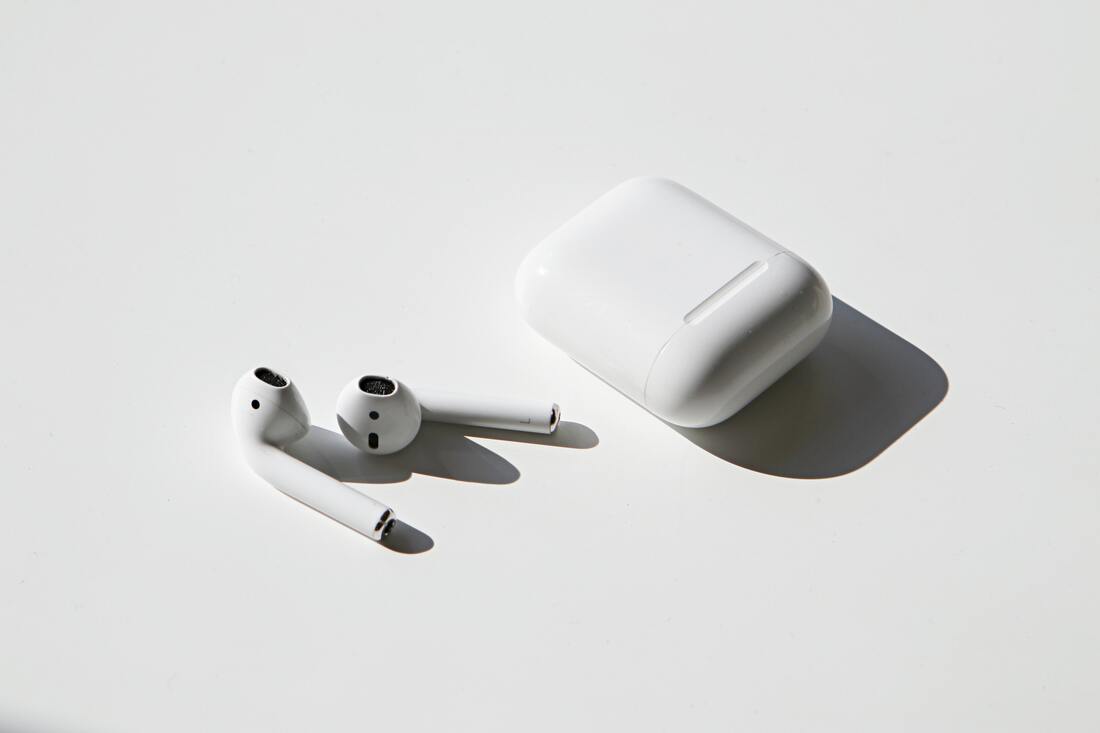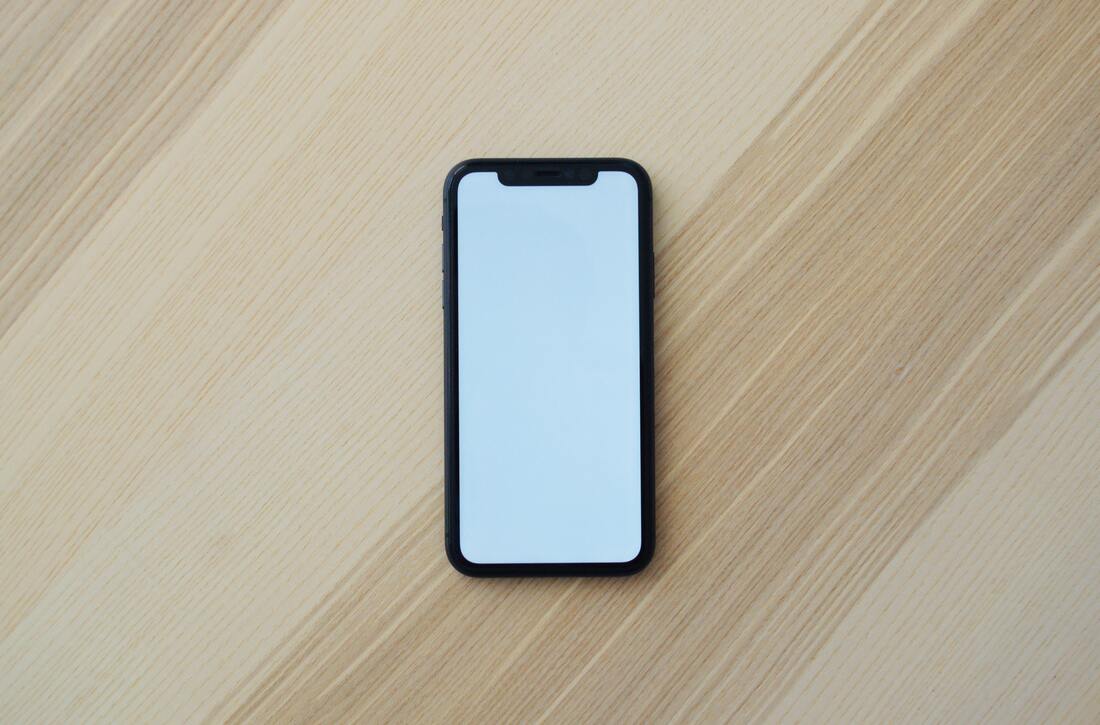|
A few country examples are described below, to provide you a sense about how you may need to conduct a bit of research locally before you know how you can help recycle batteries. US In the US, only one state, California, requires all alkaline batteries to be recycled. In other US states, individuals can purchase battery recycling kits used to ship batteries to recyclers. Some stores such as IKEA also collect alkaline batteries for recycling. However, some chain stores which advertise battery recycling (such as Best Buy) often only accept rechargeable batteries. In the US, at Earth911 Recycling Search, type in “Batteries” and your zip code, a list of drop-off locations and types of batteries they accept can be found. Canada Among Canada’s ten provinces and three territories, only four provinces (British Columbia, Ontario, Quebec and Manitoba) have battery stewardship and recycling regulation. For example, in Ontario, starting in July 2020, it is battery producers’ responsibility for collecting and reusing, refurbishing or recycling their batteries when consumers discard them. The required collection rate was set at 40% for 2020, which will increase over time to 50% for 2025. Producers will pay service providers (including haulers, refurbishers, processors and general contractors such as Call2Recycle) to fulfill their responsibility of recycling batteries. Free battery drop-off locations are widely available in Ontario, such as in libraries, pharmacies, hardware and electronic stores. In Canada, at Call2Recycle Locator, type in your zip code, and there will be a list of drop-off locations identified in your neighborhood. European Union (27 countries) In the past, used batteries ended up at landfill sites. In 2006, the EU Battery Directive regulated the manufacturing and disposal of batteries and accumulators in the EU to protect human health and the environment from hazardous substances. The EU Battery Directive requires producers to properly label their battery products. They must finance collection and recycling programs, as well as public awareness campaigns for battery waste disposal. In addition, they may not charge a fee for separate collection at the time of disposal. Learn more: https://www.epa.gov/recycle/used-household-batteries https://www.call2recycle.ca https://rpra.ca/programs/batteries/ https://ec.europa.eu/environment/topics/waste-and-recycling/batteries-and-accumulators_en Written by Amelia Halverson, Ontario, Canada Tags:
Everyone needed something that was portable, effective, and very easy to use. The perfect candidate was the laptop! Now they have become a key part of life and work, and are used almost everywhere. This video was even made on a laptop. Though they may be the saviors of our sanity in these past years, they have a flaw; they are incredibly hard to recycle. The problem is, modern laptops are made of many different materials that are incredibly hard to disassemble. These include different types of plastic, thin batteries, and LED light strips. though it is a huge challenge. Secondly, it helps to reduce the amount of laptops sent to landfills. Even if people might be aware of the benefits to recycling laptops, they decide not to for various reasons. One main reason for this is that data does not simply disappear from your laptop because you recycle it. This means that if you don’t wipe your device, there is a risk of identity theft. Identify theft is when someone steals another person’s personal information and uses it for their own benefit, for example, stealing money from their bank account. This is a very serious problem, and one that could lead to a lot of bad things for the victim. Because of this data problem, many people are reluctant to recycle their laptops, meaning that most laptops end up in a box in people’s basements or worse, in the landfill. We need to do something about this problem, or else the e-waste will get worse and worse. Written by Amelia Halverson, Ontario, Canada The Problems with Laptops During COVID-19
Produced by Amelia Halverson Tags:
Written by Joshua Lou, California, USA
Tags:
Written by Joshua Lou, California, USA $ellPhone — An App to Sell, Donate, & Recycle Used Phones
Produced by Joshua Lou Tags:
E-waste is basically waste/trash related to electricity. If it’s powered by electricity (e.g. batteries, cable), it’s considered e-waste. Common e-waste in your household may include mobile phones, computers, refrigerators, etc. But why do we need to recycle e-waste? Many types of e-waste contain harmful substances that can pollute and/or contaminate the environment. Also, e-waste contains precious metals, such as gold and silver, that can be reused. What Types of E-waste are There? THERE IS A WAY
Written by Joshua Lou, California, USA Tags:
|
Categories
All
Post Time
September 2023
|

